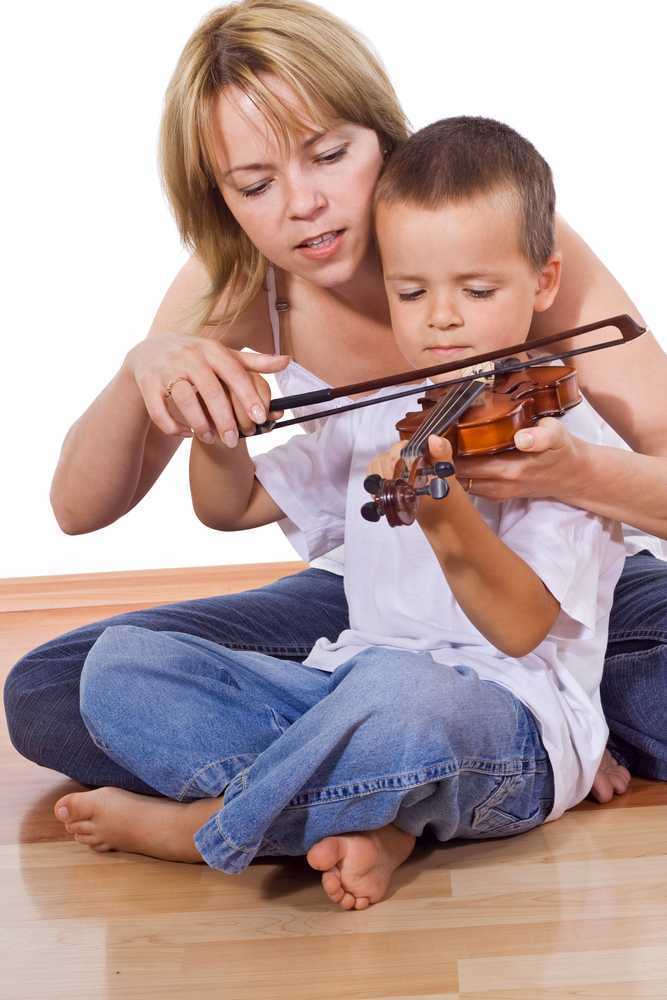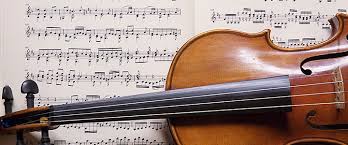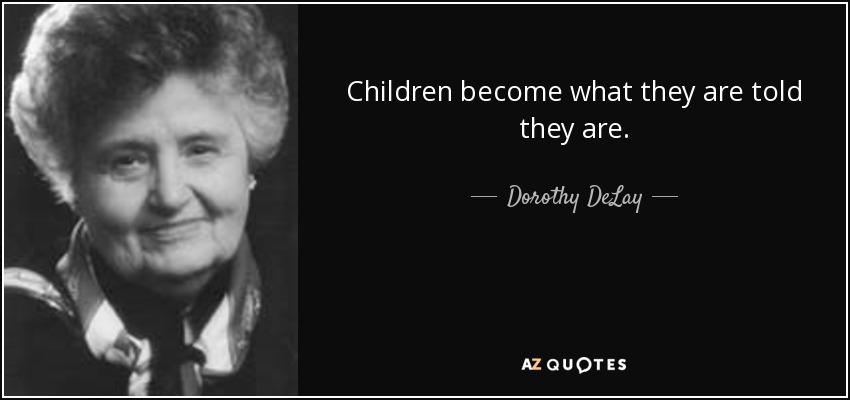
The role of parents in the violin studies of their children
In a previous article of mine about motivation a reader commented the following: “The family environment should accept the musical instrument as a ‘live object’ in their home … Parents should support their kids in achieving challenging goals and they should reward them on a regular basis”. This comment led me to write this new article on the role of the parents in a child’s violin education. Specifically, I will talk about the different types of parental involvement in the educational process – as Prof. Andrea Creech studied them – as well as practical ways parents can support their children.
We all have heard of stories about ambitious parents who played a critical role in their children’s musical development. Two very famous examples are the father of W.A. Mozart and the father of Michael Jackson.
Extensive scientific research has shown that parents play a crucial role in their children’s educational development. Specifically, in music, research has found that a supportive family environment is a predictor of positive educational and career outcomes.
In her research ‘Learning a musical instrument: The case of parental support’ Creech studied three types of parental involvement and how they impacted on the children’s musical growth as well as their relationship with their teacher. The three types of parental involvement are the following:
- Behavioral
- Cognitive/Intellectual
- Personal
The research was based on a sample of 337 student – teacher – parent trios. It is important to mention here that all the students where violin students.
Let’s examine the different types in detail. Through this analysis I will suggest some useful strategies that parents could adopt to support their children’s music studies.
Behavioral
In this type of involvement, the parent has an active role in the educational process of their child. For example:
The parent attends the instrumental lesson and takes notes
It is very difficult for your child to retain everything the teacher has discussed in a lesson. So, it is helpful if you attend the lesson and take notes so that your child has most of the teachers’ instructions available during their everyday practicing. It is also essential to ask the teacher to clarify concepts or practices that you haven’t completely grasped so as to feel comfortable about acting as the home teacher. So, it is essential to have a good understanding of what has been discussed during the lesson.
The parent negotiates practicing routines with their child
This negotiation has to do with when and for how long your child should practice. It is important to design a practice routine together with your child, so that practicing will become a part of their everyday life. It is also very important to find an appropriate space for practicing at home. This space should be as quiet as possible and also it should include all the necessary equipment like a music stand, a metronome and your child’s music books.
The parent becomes the music teacher at home
Developing awareness of one’s practice is no easy task. It is often difficult for a child to know whether they practice correctly following the teacher’s directions, for example, if they make a straight bow or they have a good posture. The parent, as an external observer, can have a more objective opinion on the matter and direct their child. Therefore, the progress is faster.
Cognitive/Intellectual
In this category there are parents that are not actively involved in the learning process, but they help their children to sustain their love for music and their interest in music learning.
Some ways to do this are the following:
They discuss music-related topics with their children
Make yourself familiar with topics about music and the violin. For example, learn who are the greatest violin soloists. Read about famous pieces of the violin repertoire or about the pieces your children work on and discuss them with your child.
They attend concerts together with their children
Find out what music concerts happen in your city and book tickets for you and your child to attend together.
They encourage their children to participate in extracurricular activities.
Find out if there is a student orchestra or a youth choir in your area and encourage your child to join. You can also check if there is a venue in your city that organizes concerts in which your child can perform.
Personal
This type of involvement has to do with the quality of communication between parents and children and specifically the psychological support parents offer to their children. Learning the violin is a long and difficult process for many students who might experience frequent mood changes. Very often, they face technical and musical difficulties that make them feel that they don’t have what it takes to pursue violin playing. Or the fierce competition makes them think that all their efforts are in vain. So, it is important to support your children psychologically, and more importantly, to show them that their musical studies mean a lot to you. Some effective ways to do that are the following:
- Be sensitive to the ever-changing needs of your children.
- Make your children feel that you respect their choices and make them feel loved despite how well they do in their studies.
- Be present and supportive both in successful moments (exams and concerts) and during challenging times (preparation for an exam, a competition or a performance).
- Make sure that your children maintain strong values, perseverance, patience and discipline.
- Affirm your child’s uniqueness.
When to adopt each type of involvement
Creech’s research has shown that the attitudes suggested in the analysis of the three types of parental involvement had a positive effect on cultivating qualities like motivation, the love for music, confidence, self-esteem and enjoyment during lessons.
Parents, however, have to be versatile in which type of involvement they implement because children go through several personal changes in the course of their studies and especially during their adolescence. Therefore, parents should always be ready to adjust their approach and the way they get involved in their child’s studies. For example, behavioral involvement is good for the first years of a child’s studies. In adolescence, however, when the child wants to feel autonomous but still seeks parental support, cognitive/intellectual involvement might be more suitable. Furthermore, a parent can combine two types of parental involvement. For example, they could actively participate in the lessons and their child’s practicing, whilst encouraging their child to listen to music and attending live concerts with their child. There is no absolute rule in all this. You always have to try to understand your child’s needs and anxieties and adjust your behavior accordingly.
As always, I will be glad to receive your comment.



